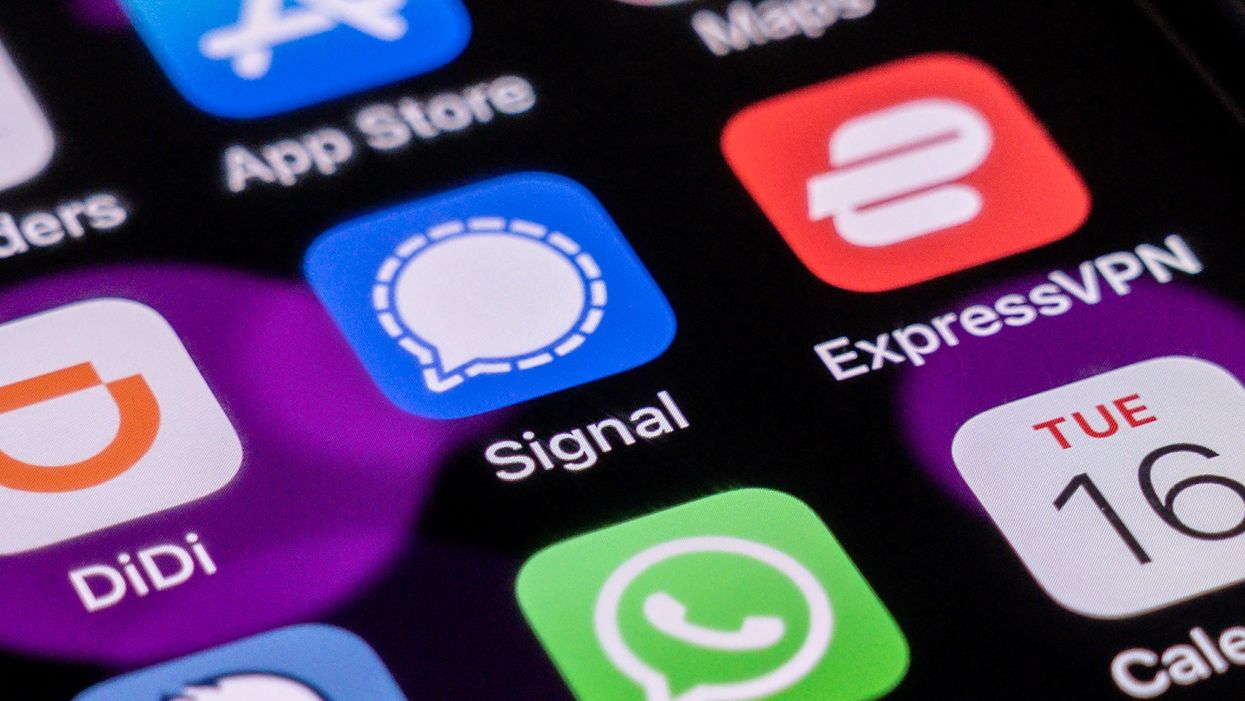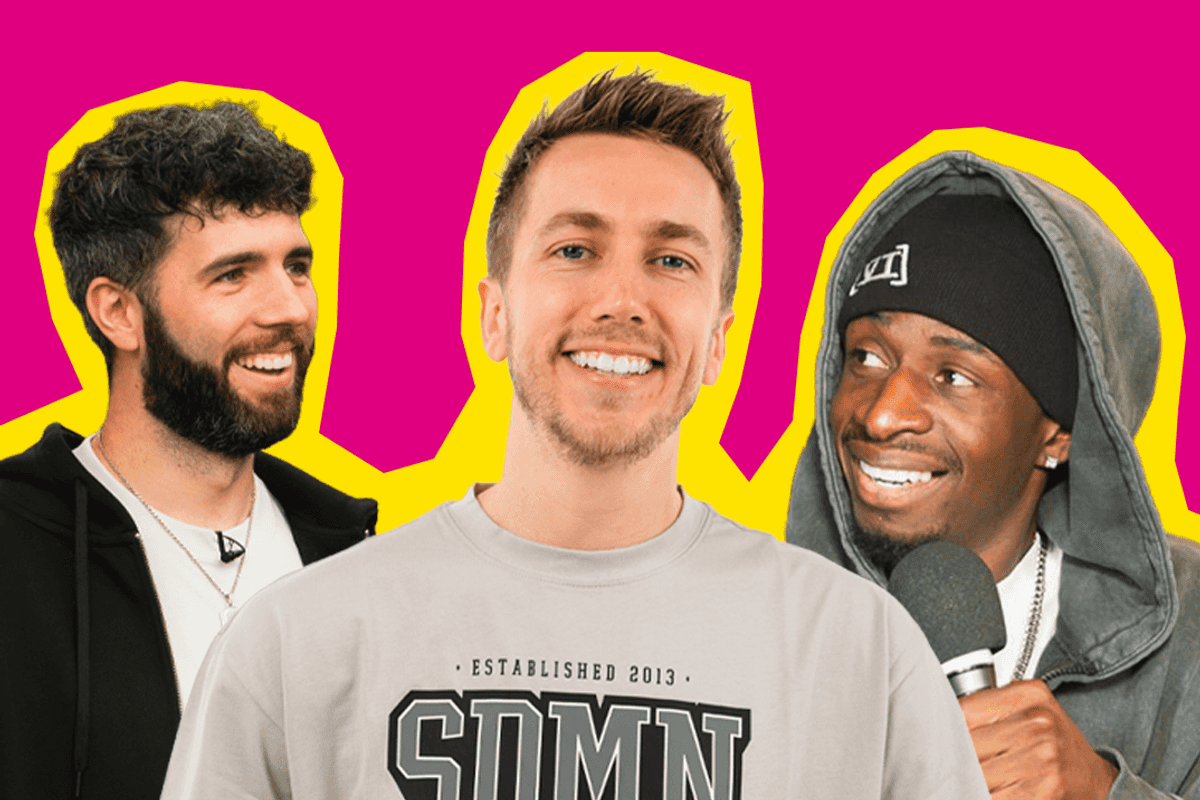Elaine McCallig
Oct 06, 2021
Following Monday’s Facebook, WhatsApp and Instagram outage, people sought out alternative ways of staying in touch.
The outage, caused by a “faulty configuration change”, was flagged around 5pm (GMT+1) on Monday with the issues being patched up by 3:30am the following day. Naturally, the outage inspired plenty of memes on Twitter as well as its fair share of conspiracy theories.
In that time, millions of people flocked to alternative private messaging apps such as Signal, Discord and Telegram.
On Twitter, Signal welcomed the millions of new signups it garnered during the six-hour outage.
Telegram reported that 70 million new users joined their platform during the outage. The app jumped 51 places on the iTunes US charts and reached fifth place on Monday, overtaking the likes of YouTube, Snapchat, and Facebook Messenger.
Amid the outage news, Facebook whistleblower Frances Haugen told a senate subcommittee that “left alone, Facebook will continue to make choices that go against the common good – our common good.”
What is Signal?
Signal is an independent messaging app. Privacy is central to Signal’s offering, promising end-to-end encryption and “no creepy tracking”.
Signal is just like WhatsApp in that you can make voice calls, video calls, send messages, pictures, and stickers. On Signal, you can even create group chats with up to 1,000 participants.
One of the key differences between Signal and WhatsApp is that Signal is an independent non-profit. The app isn’t tied to any large tech companies, whereas WhatsApp was bought up by Facebook in 2014.
Signal is free to download and easy to use, and can be used on mobile devices and desktops, including Linux.
Signal has also received glowing reviews. For an app that prides itself on privacy, word-of-mouth advertising doesn’t get much better than nabbing an endorsement from whistleblower and privacy advocate Edward Snowden.
Twitter CEO Jack Dorsey is also a fan of the app and yesterday replied to Snowden’s tweet saying “Signal is WhatsUp” and included a link to the app’s website.
Signal was started by WhatsApp co-founder Brian Acton in 2018. After quitting Facebook, he sent a tweet reading: “It is time. #deletefacebook.”
The tweet came at a time when the Cambridge Analytica scandal was beginning to unfold.
Speaking to Forbes about his resignation from Facebook, Acton said: “At the end of the day, I sold my company [WhatsApp]. I sold my users’ privacy to a larger benefit. I made a choice and a compromise. And I live with that every day.”
To hammer home, the point on privacy, earlier this year Signal tried to raise awareness about the amount of data Instagram and its parent company Facebook gathers on its users by attempting to launch their own ad campaign on Instagram.
An example of an advert they tried to run reads: “You got this ad because you’re a goth barista and you’re single. This ad used your location to see you’re in Clinton Hill. And you’re either vegan or lactose intolerant and you’re really feeling that yoga lately.”
However, Facebook reportedly dismissed the campaign as a “stunt” and claimed Signal didn’t even try to run the ads.
In a blog post in May, Signal’s head of growth and communication Jun Harada wrote: ”Companies like Facebook aren’t building technology for you, they’re building technology for your data. They collect everything they can from FB, Instagram, and WhatsApp in order to sell visibility into people and their lives.”
After the advertising beef, venture capitalist Bill Gurley tweeted: “The Signal vs Facebook story is remarkable. The biggest threat to Facebook is a non-profit funded by WhatsApp founders! Such a great story.”
To stay up to date on the latest news on Monday’s outage, follow The Independent’s live blog.
Top 100
The Conversation (0)














